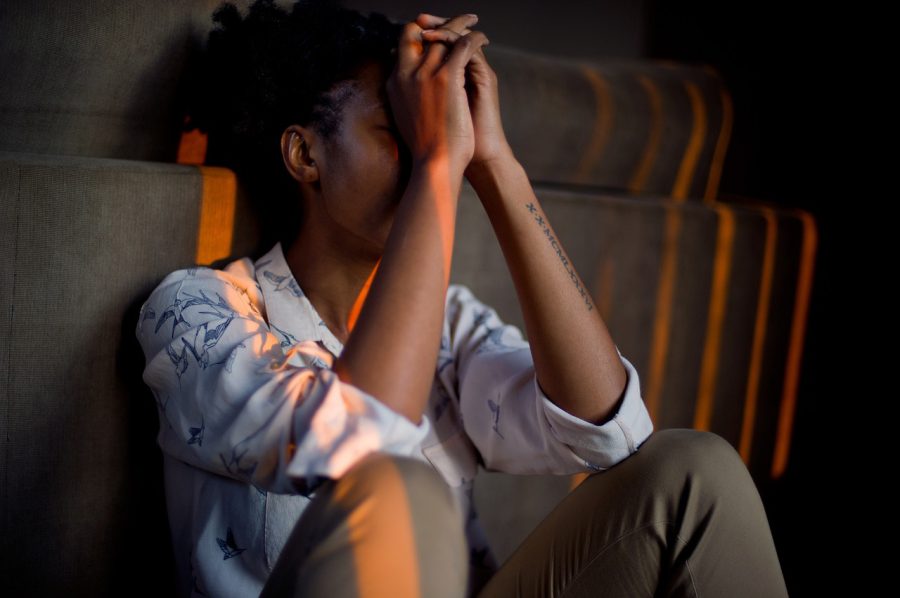ABUSIVE RELATIONSHIPS. CHILD ABUSE PREVENTION, ARTICLES
Coping with Sexual Assault

What do you do when either yourself or a loved one experiences sexual assault or rape?
It may be difficult to seek help in the aftermath, as you are likely already battling several emotions on top of mental and physical pain. Victims’ reactions to this trauma are different, but there are resources and techniques suitable for everyone to heal, which we have listed below.
If It Happened To You…
If you’ve been put in an uncomfortable position by acts of sexual intent, it is important to know that it is not your fault.
You did not ask to be touched in a way that was uncomfortable for you. You did not consent to view inappropriate pictures. You never asked to be forced to spend time with one person and nobody else.
All of the above are examples of how you – or someone you know – may be taken advantage of without knowing it.
It’s completely normal to think that it will never happen to you. That’s why, if this does happen, it is easy to be taken off guard. It’s easy to freeze and become speechless.
You are not alone. It’s okay to be scared.
If you experience any of the above – or anything that makes you feel uncomfortable, for that matter – speak to a trusted adult. This could be your parents, guardian, teacher, or friend’s parent. This may be easier said than done because “sex” can be difficult to talk about with an adult. A way that you may prefer to communicate is through text, email, or letter.
If the trusted adult does not listen or neglects to believe your story, do not stop telling it. Keep telling your story until someone helps.
Self-Care
Self-care can assist in coping with the short-term and long-term effects of sexual assault or rape.
In essence, self-care is about taking time for you. It is crucial to put yourself first, whether that means cancelling plans or choosing to spend a day doing your favourite activity. If it helps you feel comfortable and healthy – do it.
It is easier if you break this down into physical and emotional self-care.
In regards to physical self-care, ask yourself this:
What were your habits when you felt the most healthy?
You may answer with a long sleep, healthy meals, stretching, playing sports, or keeping active in some form. Try incorporating these activities back into your life. You will soon notice the positive effects!
Emotional self-care, on the other hand, has a lot to do with feeling grounded and keeping your mind at ease.
To keep in tune with yourself, some easy activities to practice include meditation, journaling your thoughts, spending time with trustworthy friends, going for a walk in nature, or simply reading a good book to get the imagination going!
Therapy
Therapy is an open and non-judgmental environment where you can work through any challenges you are facing.
A therapist will help you to learn methods to handle your feelings, practice coping skills, and manage your stress. Through these techniques, it may become easier for you to explore troubling thoughts and feelings down the road.
There are many different kinds of therapists, so it is a good idea to pick the one that is best for you.
Some therapists might provide you with exercises to practice on your own while others might encourage more talking during your session. Each therapist also has their own personality – it goes without saying that you’ll be more likely to open up to someone whose personality meshes with yours.
Above all else, try to find a therapist that knows and understands your situation. There are therapists out there who actually specialize in sexual assault recovery!
It’s Not Your Fault
A great mantra to repeat to yourself is: “It’s not my fault.”
Reaffirm to yourself that nothing has ever been done to you because of your actions. If consent does not exist, there is nothing that validates the violation of your personal space and well-being. Period.
The more you repeat this mantra, the more you will begin to believe it yourself, and the smoother the road to recovery will be.
Written by Lindsey Locke







